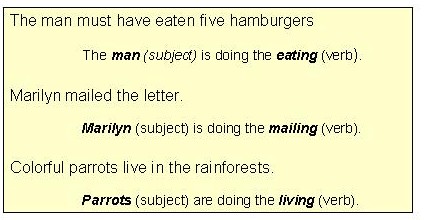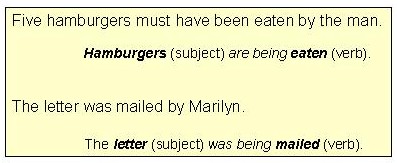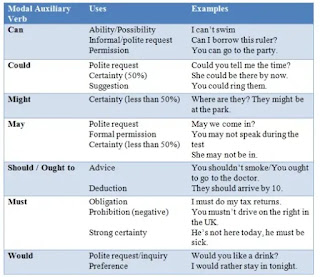"The Anteater and the Dassie" is a story about two friends. Tendai was helping his grandmother to cook. They heard a news from radio that an anteater was captured by a farmer and he presented it to the president. Grandmother told a story to Tendai. The two friends, anteater and dassie had a race and dassie won because anteater was not fast. They had a race again. This time anteater won because it curled and rolled to reach the destination. The theme is that there are more than one way to do a thing.
Monday, November 26, 2018
Earthquake 9th std
"Earthquake" is a story written by M.S.Mahadevan. This story is about a boy, Brij. He tells his story to a traveller. His village faced a terrific earthquake. Rescuers found all the corpses belongs to his family except his little sister. Finally an army officer helped him to find his sister. She had been alive under the
Saturday, November 17, 2018
A Tiger in the zoo 8th std
"A Tiger in the zoo" is a poem written by Leslie Norris. The poem is about a tiger which is inside the cage. The poet feels that the tiger should be in the forest, frightening the villagers but the tiger is inside a cage seeing the stars. The poet expresses his feeling about tiger's freedom and its chivalry.
Thursday, November 15, 2018
Water the elixir of life 9th std
"Water the elixir of life" is about the importance of water and the importance of natural resources. The prose gives a detailed account of rain water, the changes occur in water colour, reasons for soil erosion, measures to prevent soil erosion etc... The wastage of water and how to prevent it are also explained here by C.V. Raman, the nobel prize winner.
Monday, November 12, 2018
Modal auxiliaries 9th std
Auxiliaries, Modals and Main verbs
be, have and do can be auxiliaries and main verbs. They have grammatical functions and are used for forming tenses, questions, the passive, etc.
Modals are can, could, may, might, must, ought to, shall, should, will, would and need (need can also be a main verb).
Examples:
- We can play football.
What to keep in mind when using modals
Explanation Sample sentences Do not use modals for things which happen definitely. The sun risesin the east. - A modal can't be used in this sentence. They have no -s in the 3rd person singular. He can playfootball. Questions are formed without do/does/did. Can he speakSpanish? It follows a main verb in its infinitive. They mustread the book. There are no past forms (except couldand would). He was allowed towatch the film. When you use the past participle you tell about things which did not happen in the past. You shouldhave told me.
Active voice passive voice 8th std
ACTIVE / PASSIVE VOICE
Active voiceIn most English sentences with an action verb, the subject performs the action denoted by the verb.
These examples show that the subject is doing the verb's action.

Because the subject does or "acts upon" the verb in such sentences, the sentences are said to be in the active voice.
Passive voice
One can change the normal word order of many active sentences (those with a direct object) so that the subject is no longer active, but is, instead, being acted upon by the verb - or passive.
Note in these examples how the subject-verb relationship has changed.

Because the subject is being "acted upon" (or is passive), such sentences are said to be in the passive voice.
Subscribe to:
Comments (Atom)












